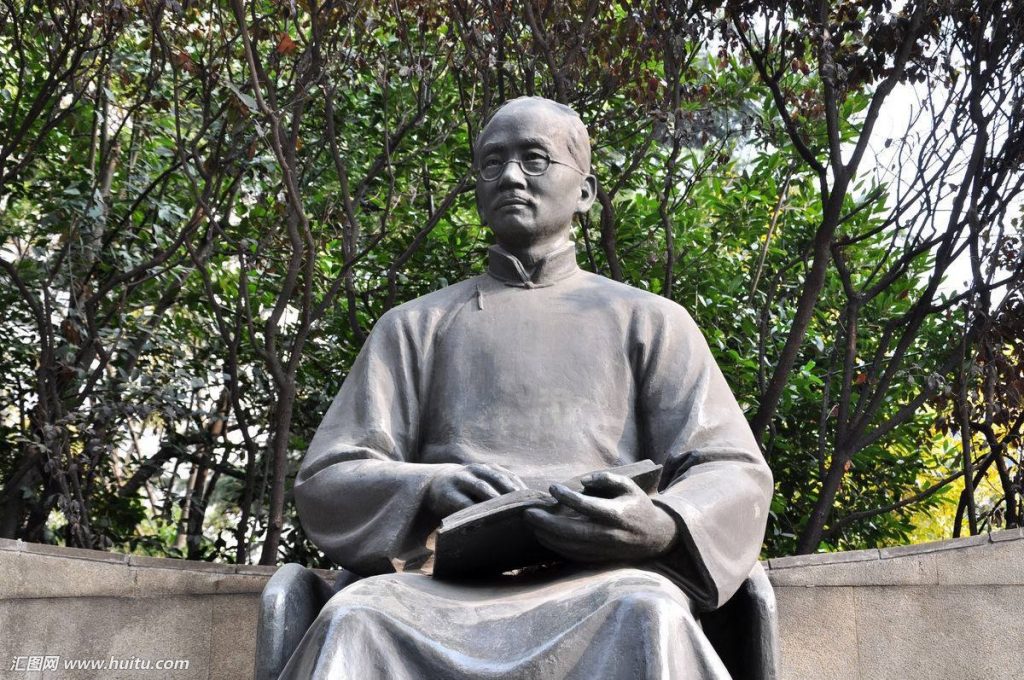Cai Yuanpei Educator supports civil rights movement
3 min readCai Yuanpei was a great revolutionary educator in the late 19th century and early 20th century in China.Today,he is still called“Father of Peking University,”one of the most presti-gious institutions of higher learning on the Chinese mainland.
Cai was born in Shaoxing in today’s Zhejiang Province.
As a youngster, Cai once worked as a proofreader in a locallibrary, which provided him a rare opportunity to read many books.
When he was 21, Cai passed the imperial civil examina-tion conducted at the provincial level and obtained the title of juren or “recommended man.”Three years later, he obtained the title of jinshi or “presented scholar,”as a graduate of the imperial palace examination.
He began his career first in the Imperial Academy in Bei-jing and then he returned to his hometown to teach in a local school.A few years later, he moved to Shanghai to teach at Nanyang Public School, the predecessor of today’s Jiao Tong University.
While teaching in Shanghai, Cai also participated in poli-tical movements advocating civil rights. Later, he joined theUnited League,a revolutionary organization with the goal of overthrowing the Qing Dynasty(1644-1911) and establishing a republic in China. Sun Yat-sen, the forerunner of China’s democratic revolution and the first president of the Republic of China, was the leader of the organization.
In 1907, after his name appeared on the wanted list of the Qing government, Cai left China for Europe. He first studied at Universitat Leipzig in Germany. However, he interrupted his study there and returned to China when the Qing Dynasty was toppled in the 1911 Revolution.
In 1912, one year after the revolution, Cai was appointed Minister of Education of the interim Nanjing government. He later resigned and went back to Europe to continue his studies in Germany and, later, in France.
After he returned to China in 1916, he decided to launch amovement to reform the Chinese education system by intro-ducing the Western paradigm.
In 1917, Cai was appointed the president of Peking Univ-ersity, then the most prestigious institution of higher learning in China. There, he began to carry out his idea of education re-forms. He called for introduction of an education system fo-cused on moral education. He was in favor of an esthetic edu-cation system as a bridge to creating a global outlook as the ultimate objective.
At the same time, Cai paid great attention to the devel-opment of educating children, women and the masses.
Later, Peking University became the center of the May Fourth Movement in 1919. The patriotic movement, growing out of student demonstrations on May 4,1919, was opposed to imperialist exploitation of China and was in favor of wiping out feudalism. It eventually became the prelude to the founding of the Communist Party of China in 1921.

During his 11-year tenure as the president of Peking University, Cai also helped to establish the National College of Music, which later became the Shanghai Conservatory of Music.
In 1928, he helped to found the Academia Sinica and became its first president. The academy was then the highest institution of academic study and research in China.
In 1936, Cai retired in Shanghai. One year later, the Japanese seized the city. Cai fled to Hong Kong, where he died four years later.
Late Chinese leader Mao Zedong, who once worked as an assistant in the library of Peking University, called Cai”an academic leader and a role model for mankind.”








